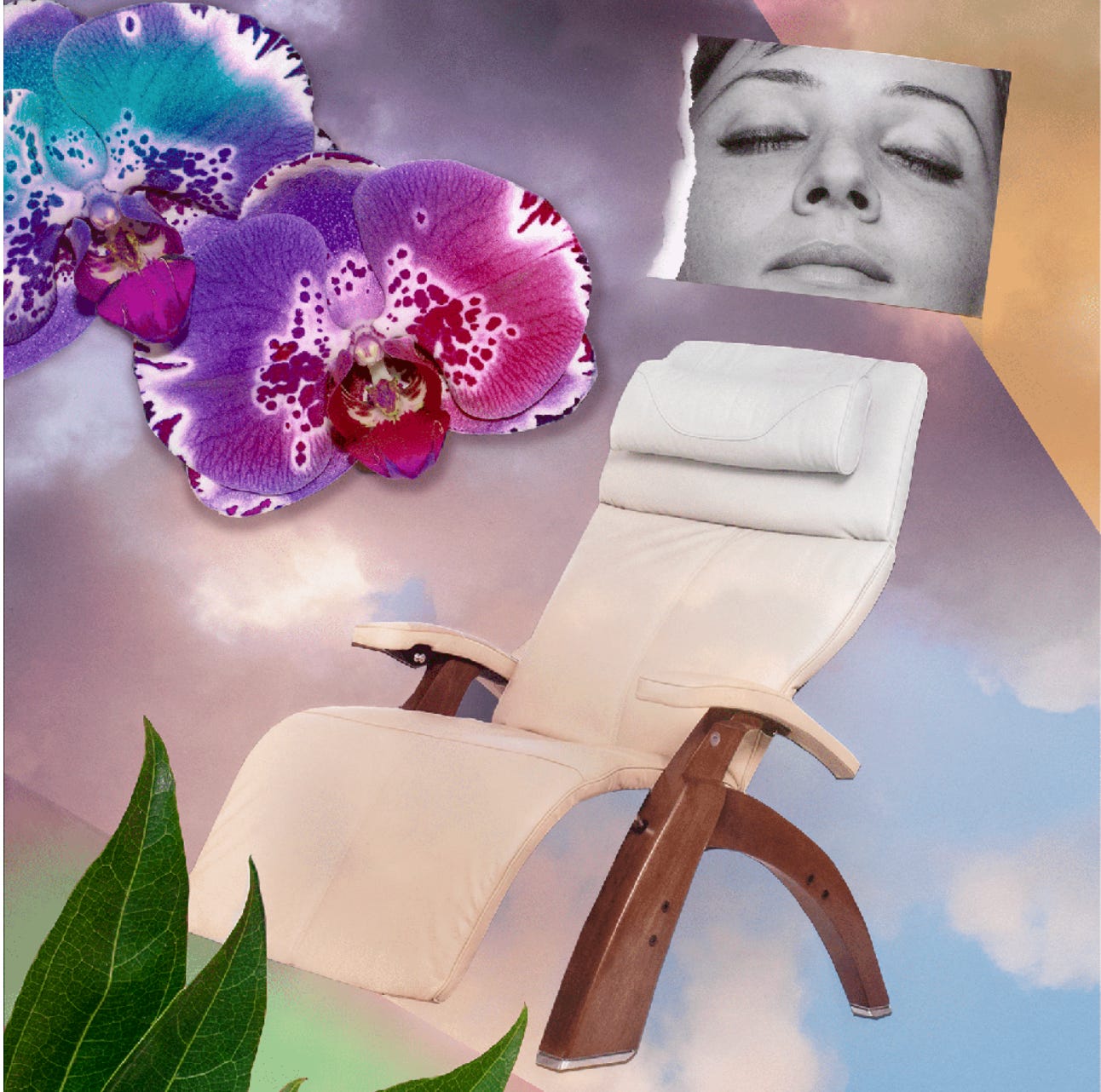The 'mental health!' industry
A viral TikTok video illuminates the issues plaguing the mental health conversation. Plus: ketamine's woo-woo makeover, Peloton rebrand, wellness travel priorities, and more.
Latest: Ketamine is now being researched as a treatment for depression. But what's at stake when it's marketed as wellness? I shared my thoughts with Harper’s Bazaar on the goopification of a drug that still requires more research into long-term benefits and potential side effects.
“If it’s built like a spa, customers might view it as a spa instead of what it actually is, which is a health intervention … By putting such a treatment in a more entertaining or soothing setting, you run the risk of distorting its purpose and effects.”
Read: Ketamine's Woo-Woo Rebrand
The ‘mental health!’ industry
A few days ago, this TikTok video went viral: A college student clad in matching athleisurewear is going about her day. She walks around her campus. She exercises. She takes a few punches at the local boxing ring. As upbeat music plays, she narrates what seems like the average young adult life—but she also notes that life has thrown countless obstacles at her this year, “from a school shooting to having no idea what life will look like after college.”
The school shooting she so briefly mentions was the murder of three Michigan State University students this past February.
Before the viewer even has a chance to react to this bombshell casually thrown into the mix, she proclaims, “In support of Mental Health Awareness Month, I’m partnering with Bioré Skincare to strip away the stigma of anxiety,” all while smiling through the product placement. The influencer professes she wants others to “get it all out,” a reference, one must assume, to both blackheads and trauma.
Critics lambasted the video which seemed in poor taste, essentially monetizing a mass shooting. Some wondered if the video was satire, while others noted it felt more dystopian and cringe than anything that might authentically resonate with young audiences. A few asked if gun violence survivors were the hot new sought-after influencers. “This is dark,” one tweeted, “but not as dark as the blackheads this new Biore pore strip removed from my T-zone!
I saw it as yet another instance of exploiting trauma, a term increasingly devalued and used to reference everything from insults to securing Taylor Swift concert tickets. (If everything is trauma, then nothing is trauma.) It’s a term mentioned so much that it’s become commodified.
Trauma has acquired a certain kind of cultural clout, and one that’s certainly propelled past other concepts (like resilience). Of course, it’s good that society better addresses difficult, stigmatized issues often ignored in the past. But at times, it seems our culture increasingly harps on hardship, victimhood, and pain. When does it potentially go too far?
Or perhaps the better question is: how are industries butchering what should be healthy conversations about mental health?
Keep reading with a 7-day free trial
Subscribe to Well To Do to keep reading this post and get 7 days of free access to the full post archives.





